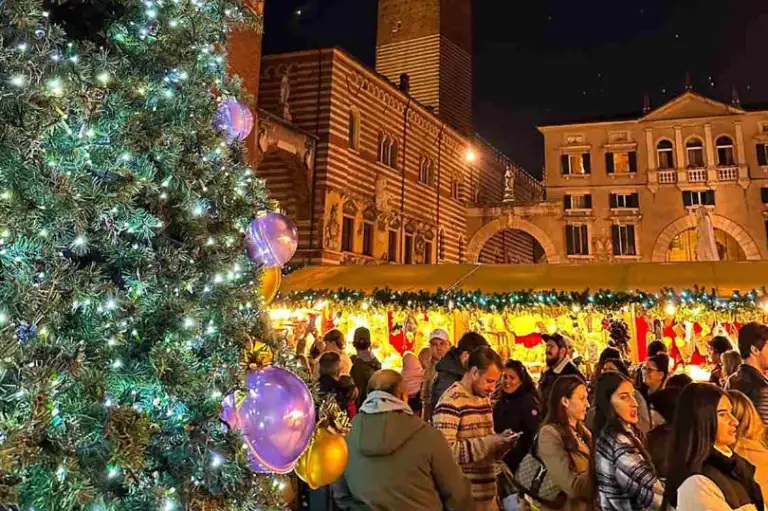The 90/180-Day Rule for Non-EEA Nationals Traveling in the Schengen Area
by Adriana ruiz
The Schengen Area, comprising 26 European countries, is known for its seamless borders and visa-free travel. However, for non-European Economic Area (EEA) nationals, there are specific rules regarding the duration of stay. One of the most important regulations is the 90/180-day rule.
The Schengen Area
The Schengen Area, comprising most EU nations, excludes Cyprus and Ireland. On March 31, 2024, Bulgaria and Romania attained membership, marking the latest additions. This accession means individuals crossing internal air and sea borders face no scrutiny. Notably, non-EU nations like Iceland, Norway, Switzerland, and Liechtenstein have also integrated into the Schengen Area.
Understanding the Rule
What Is the 90/180-Day Rule?
◦ The 90/180-day rule stipulates that non-EEA nationals can stay in the Schengen Area for a maximum of 90 days within any 180-day period.
◦ This means that travelers must keep track of their days spent in the Schengen countries to avoid overstaying.
How Does It Work?
◦ The clock starts ticking from the day you first enter the Schengen Area.
◦ Within any rolling window of 180 days, you can spend up to 90 days in total.
◦The 180-day period is not fixed; it shifts as each day passes.
The Schengen 90/180-Day Rule Explained:
◦ Staying for 90 days: As soon as you enter any country within the Schengen area, your 90-day clock starts. This counts for every country in the zone. For example, if you spend 30 days in Germany, then 30 days in France, and 30 days in Austria, you’ve spent 90 days in the Schengen zone. Your 90-day count stops the moment you leave the area.
◦ Spending your 90 days within 180 days: The 90 days you are allowed to spend in the Schengen zone are eligible for 180 days. This period is commonly called a “rolling timeframe” because it’s constantly moving—each day you spend in Schengen advances your 180-day period. This period is counted backward from your most recent entry or exit dates. For instance, if you enter the Schengen area on July 1, 2022, you count backward for 180 days from this date and calculate how many days you have spent in the Schengen area during these 180 days.
Practical Tips
Keep a Calendar:
◦ Maintain a record of your travel dates to ensure compliance with the rule.
◦ Use online calculators or apps to track your days in the Schengen Area.
– Recommended Tools:
▪ Schengen VisaInfo Calculator: This online calculator allows you to input your entry and exit dates, and it precisely calculates your stay within the Schengen Area. It shows your total days already stayed and the remaining days for the current 180-day timeframe. Remember that this calculator is a helpful tool but does not constitute a right to stay for a period resulting from its calculation.
▪ Ninety180: A user-friendly tool that performs the “rolling-window” calculation for you, helping you optimize your travel dates to make the most of your 90 in 180-day allowance3.
▪ Schengen Simple: Another calculator that maximizes your stays within the 90/180 rule. It instantly calculates your 90/180 travel allowance for every day in your calendar.
Exit and Reentry:
◦ Leaving the Schengen Area and reentering does not reset the clock.
◦ The 180-day period continues from your first entry.
Plan Ahead:
◦ If you need to stay longer, consider applying for a national visa or residence permit in a specific Schengen country.
Remember that violating the 90/180-day rule can result in fines, deportation, or future travel restrictions.

What’s On in Italy: January 2026 Events Expats Will Love
January in Italy may be quieter than the summer months, but it’s packed with culture, tradition, fashion, and great opportunities to explore without the crowds. From iconic festivals and fashion weeks to free museum days and winter food experiences, here are 12 events happening across Italy in January 2026 that expats shouldn’t miss. 🔥 Fòcara […]

The Year Italy’s Expat Landscape Shifted
Italy’s expat community experienced notable changes in 2025. While metropolitan hubs like Rome and Milan remain magnets for international residents, the most striking trend has been the surge of expats relocating to smaller Italian towns—many with populations under 20,000. For many, this shift reflects affordability concerns, evolving lifestyle priorities, and the changing policy environment around […]

How to Navigate the Property Search and Purchase Process in Italy
Looking to buy property in Italy? We are here to help you step by step! Have you always dreamed of owning a home in Italy—whether it’s a charming countryside farmhouse, a coastal villa, or a cozy apartment in a historic town? We’re here to help turn that dream into reality. Buying real estate in […]

New Year’s Eve Free Concert 2026 in Rome at Circo Massimo
Rome is getting ready to welcome 2026 with an unforgettable night of music, energy, and spectacle. With the support of RDS 100% Grandi Successi, Roma Capitale has officially announced the highly anticipated New Year’s Eve Concert 2026, taking place on December 31st starting at 9:00 PM in the iconic setting of Circo Massimo, one of […]
What’s Quietly Changing in Italy (and What You Should Check)
Italy did not overhaul immigration overnight—but several updates have shifted how things work behind the scenes. Some affect people already living here, others impact those applying from abroad, and a few could catch you off guard if you rely on outdated advice. Nothing here is panic-worthy, but all of it is worth checking before a […]

Single Female Travelers in Italy: Practical, confident, and connected
Rome rewards curiosity and courage. This guide offers grounded tips, cultural insight, and community support so you can explore with confidence—day and night, solo and on your own terms. Start with confidence “Solo doesn’t mean alone.” In Rome, you’ll find friendly locals, layered history, and a vibrant expat network. A little preparation goes a long […]

Christmas in Italy 2025: A Magical Season for Expats Across Italy
Christmas in Italy isn’t just a holiday — it’s a season full of history, flavor, celebration, and heartfelt traditions that bring families, towns, and entire regions to life. Whether you’re an expat experiencing your first Italian Christmas or a returning fan of the magic, 2025 promises some beautiful celebrations across the country. Here’s what to […]

Tax Residency Incentives in Italy — Your Guide (2025)
Italy offers several tax incentives designed to attract retirees, entrepreneurs, high-net-worth individuals and remote workers. These regimes can be extremely generous — but they are complex and often conditional. This guide explains the main options in 2025, who qualifies, and how we can help you plan a compliant move. Why Italy Offers Tax Incentives Italy […]




